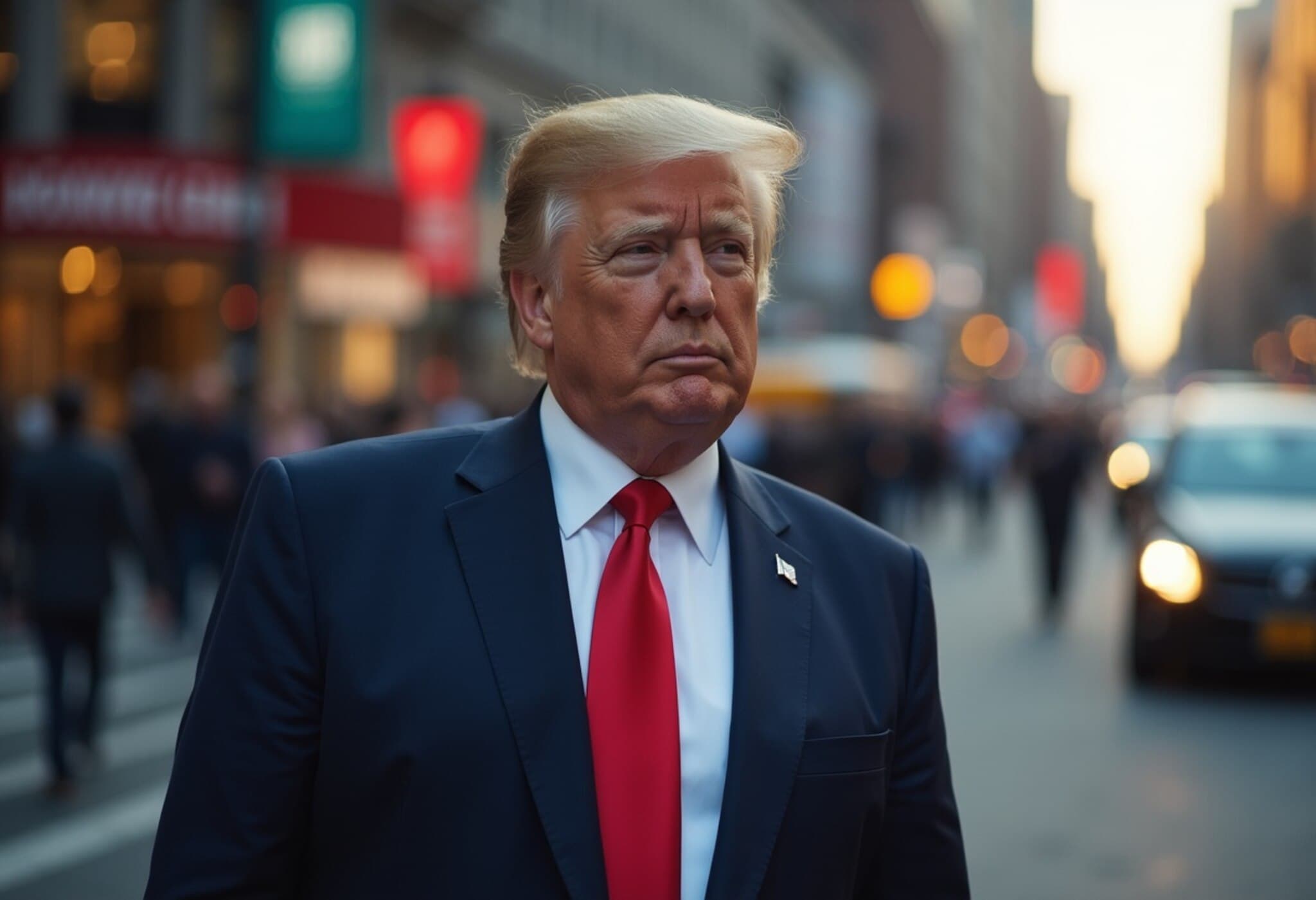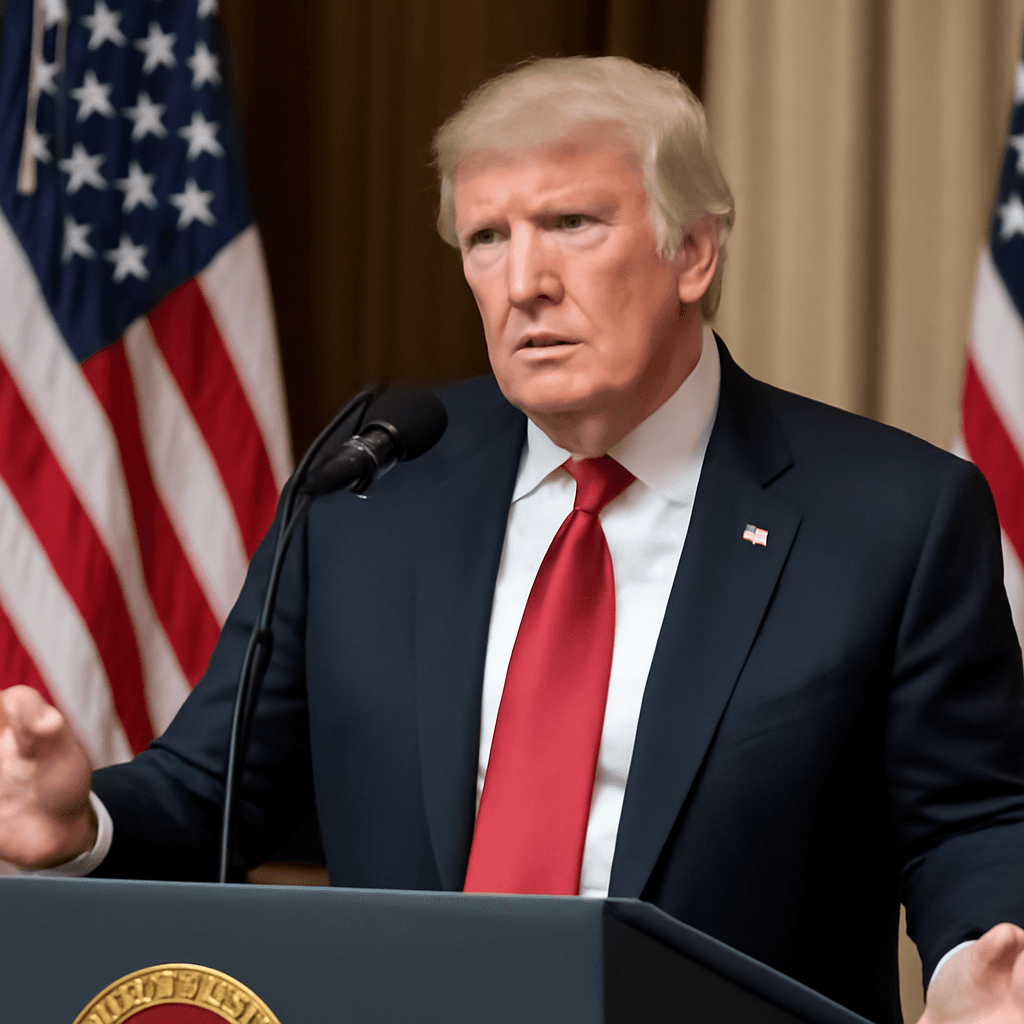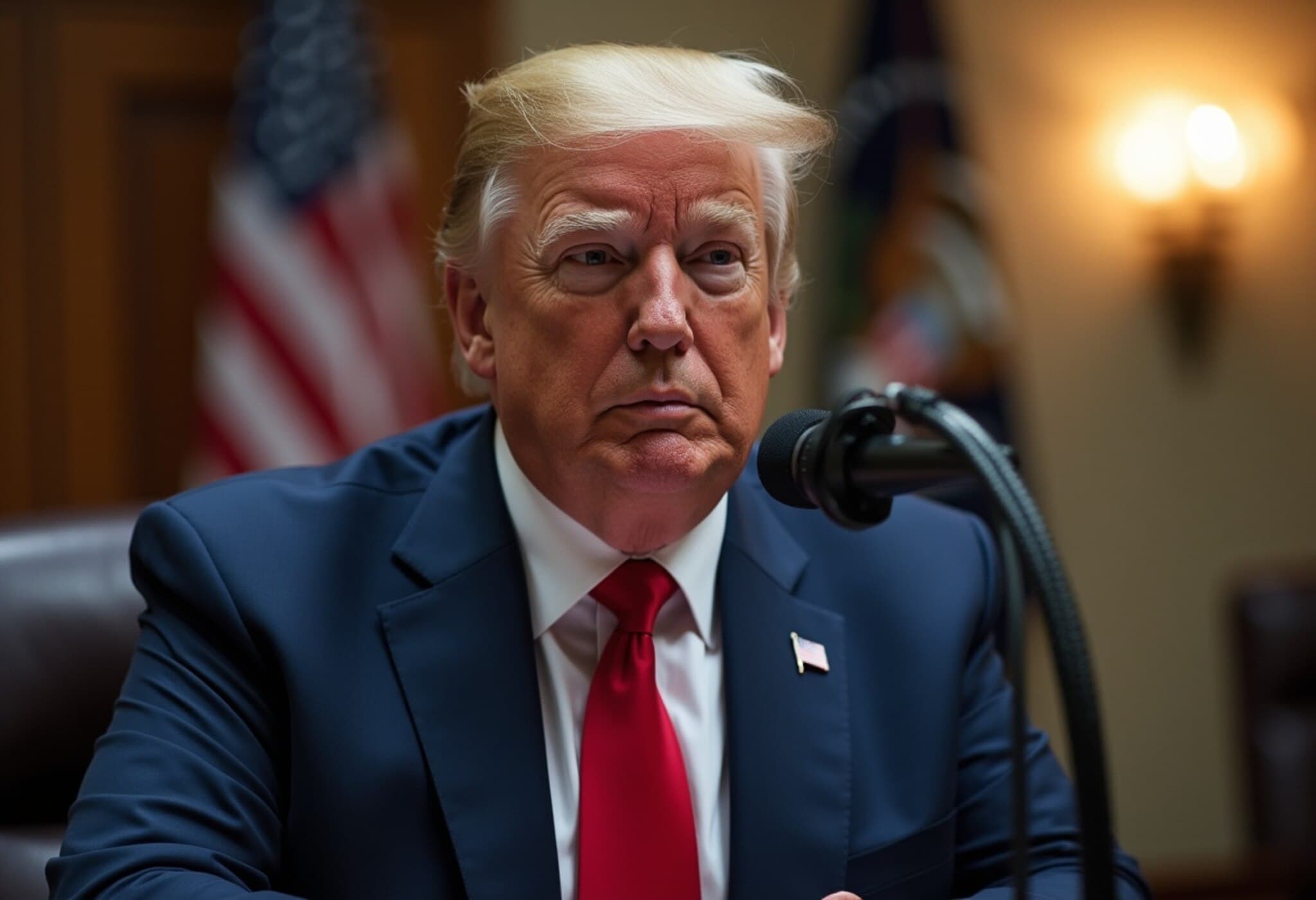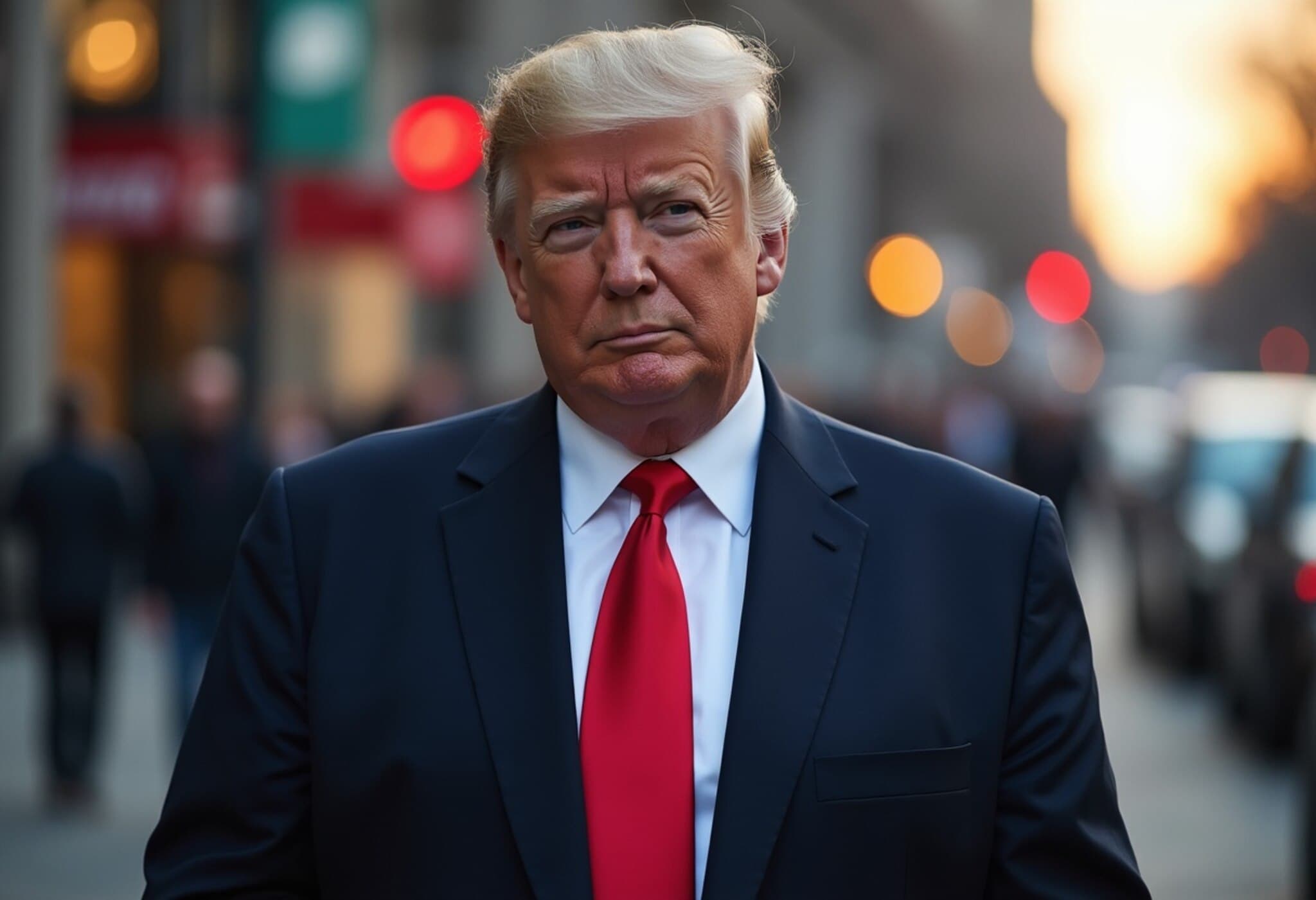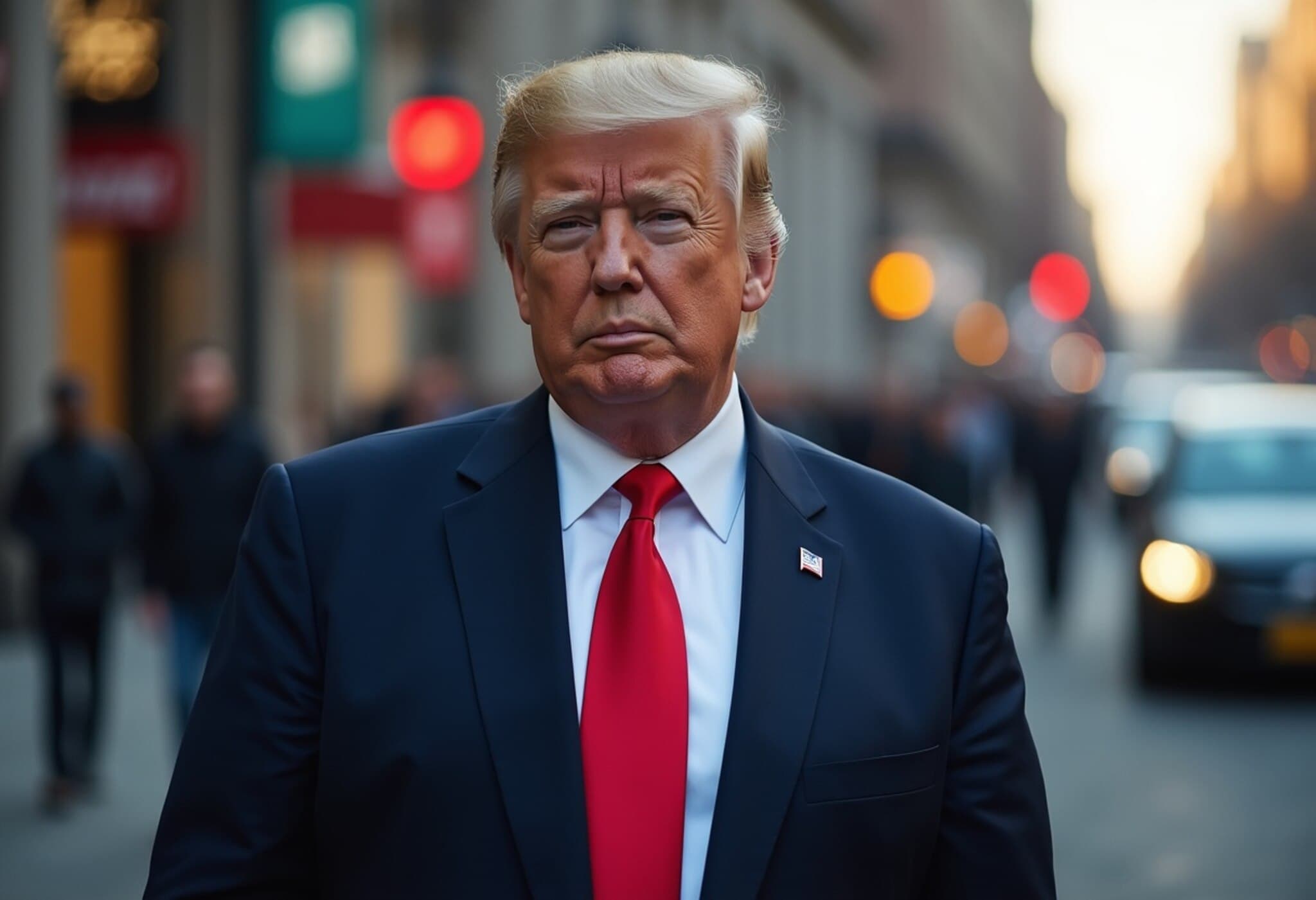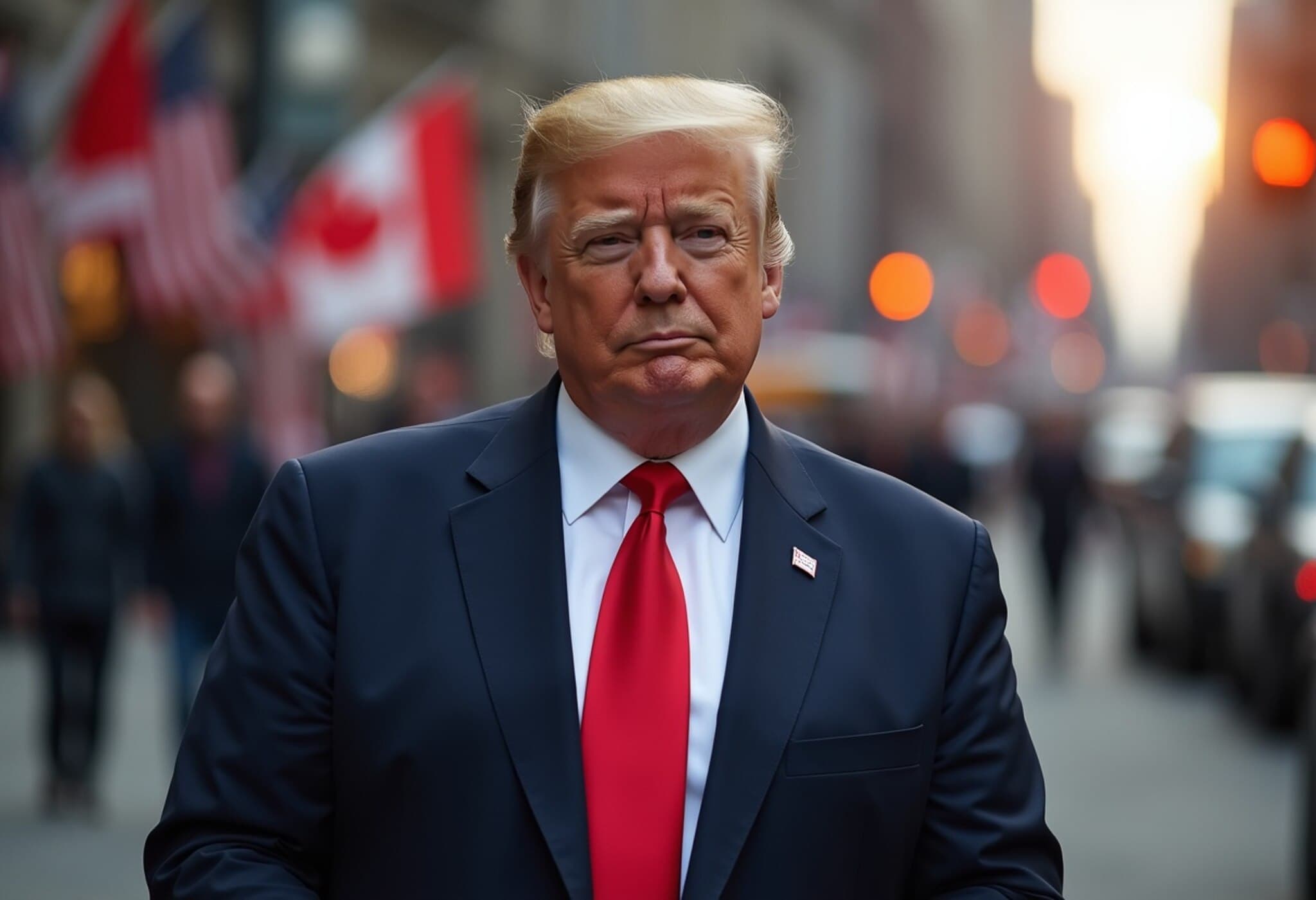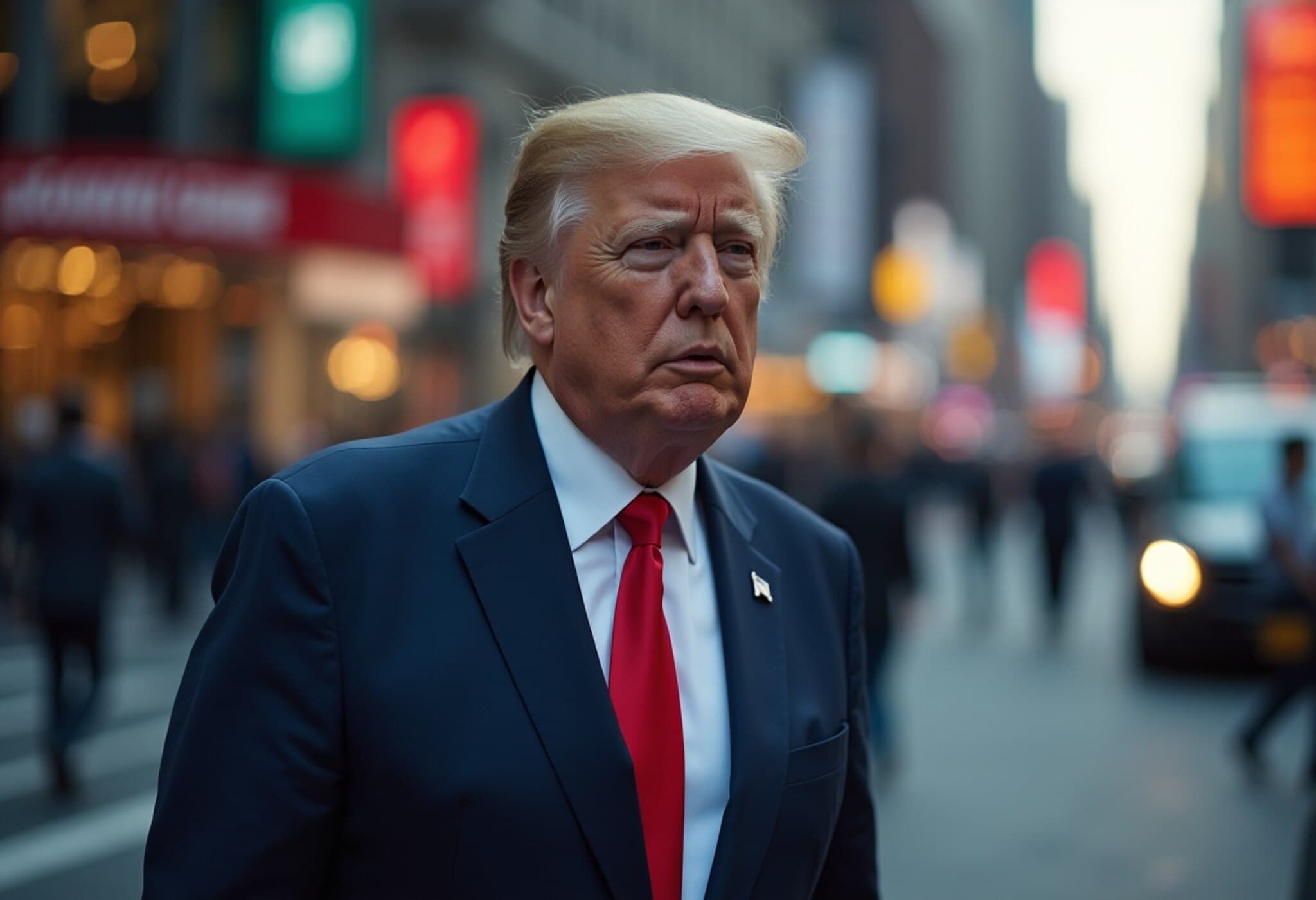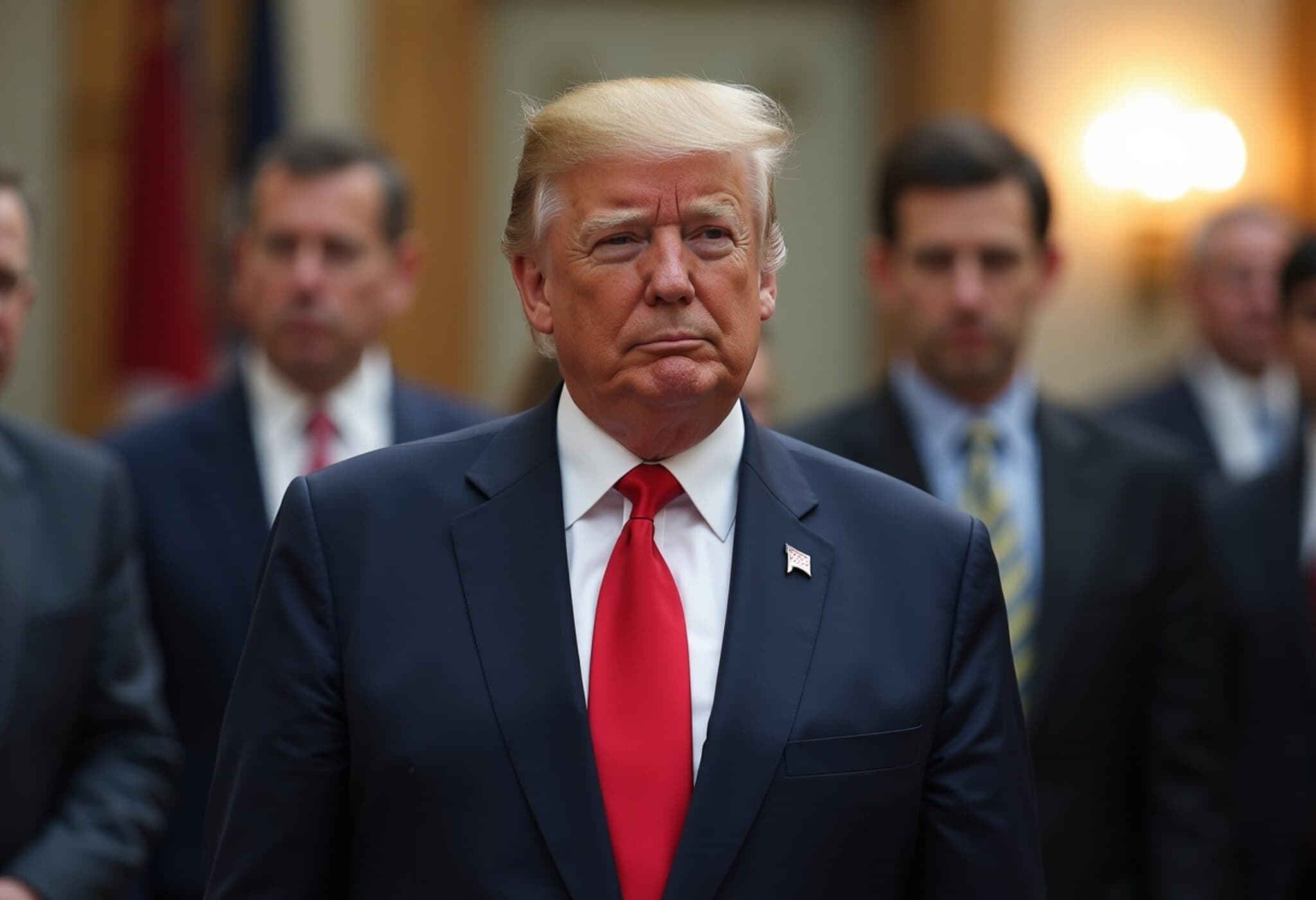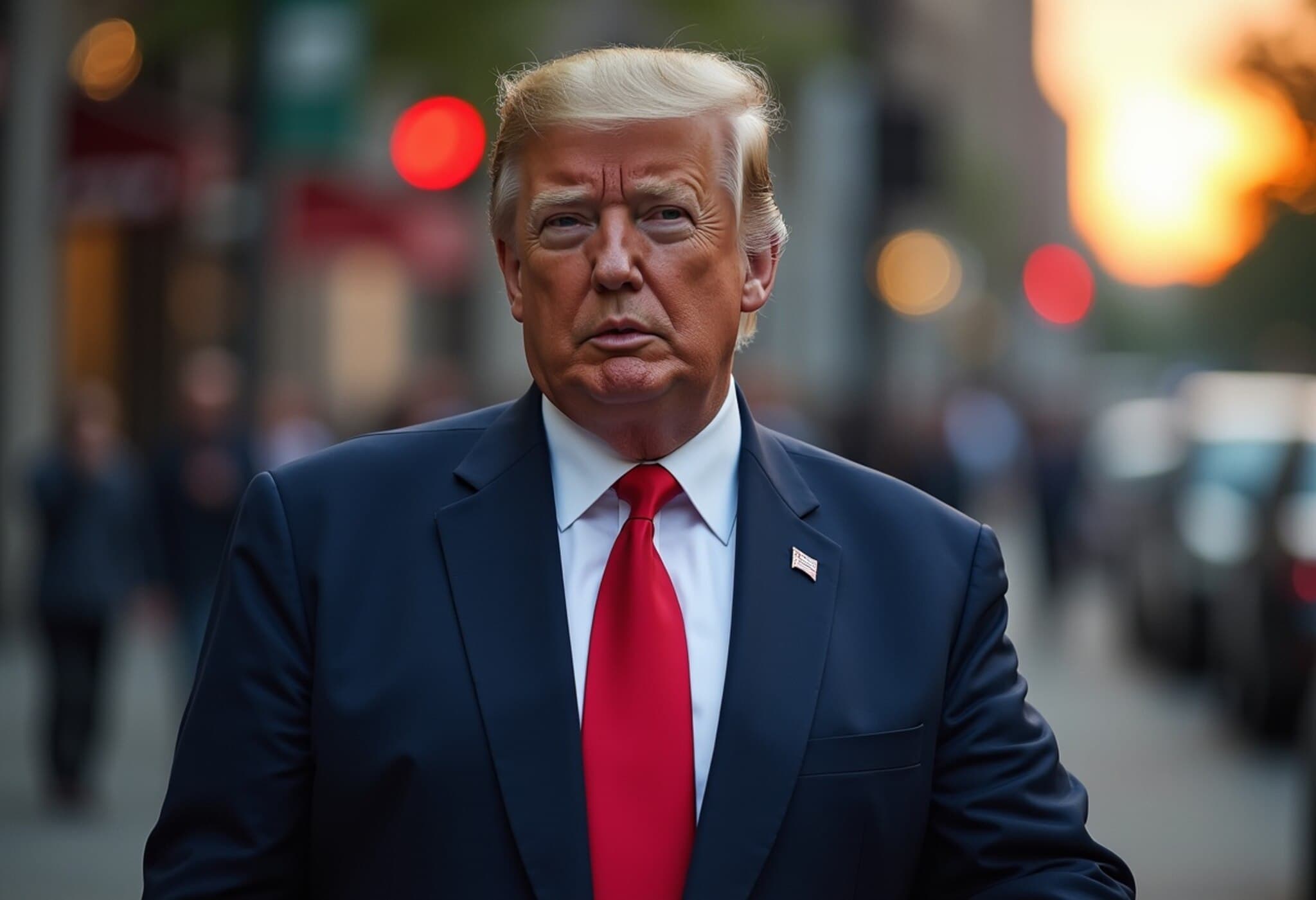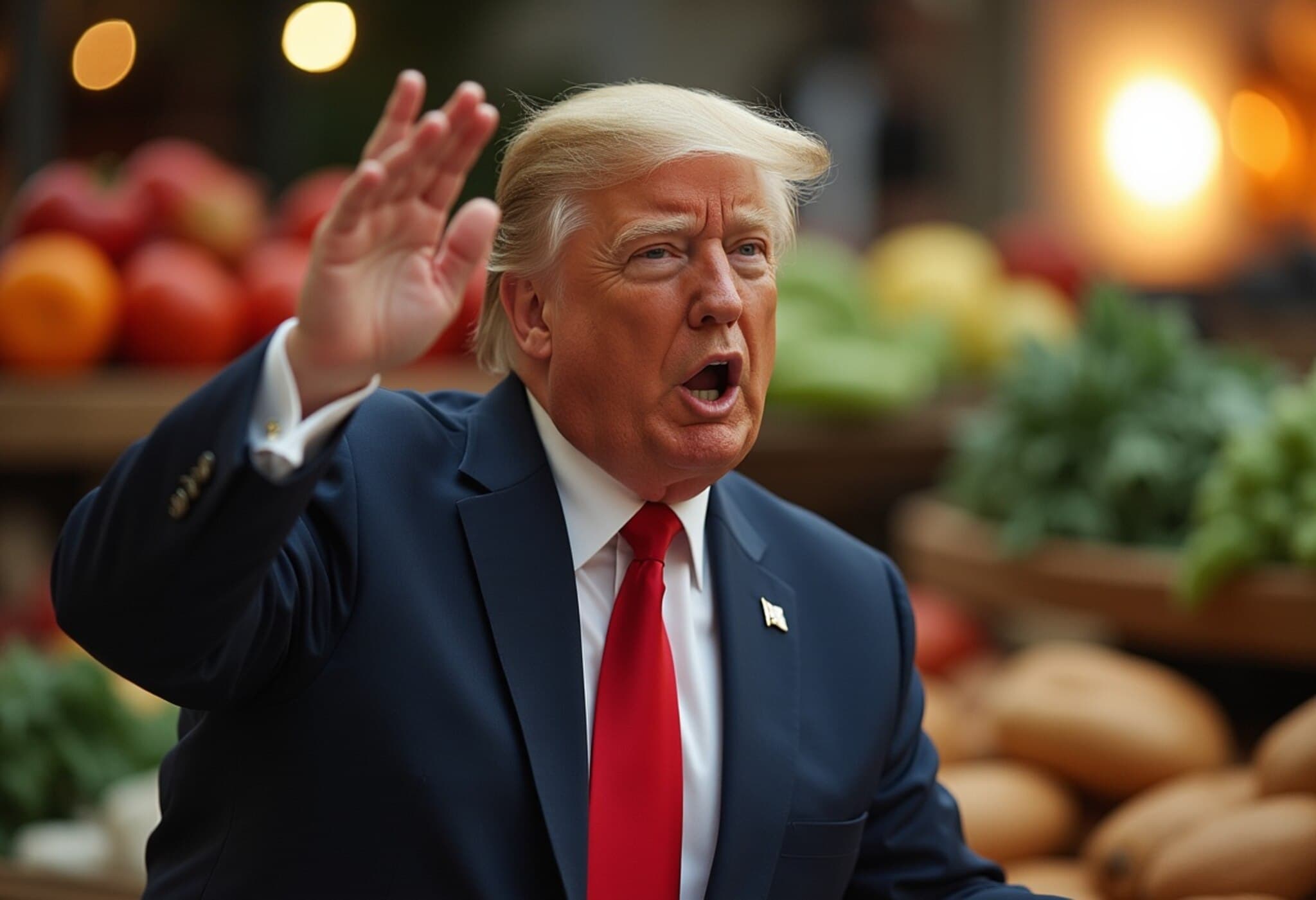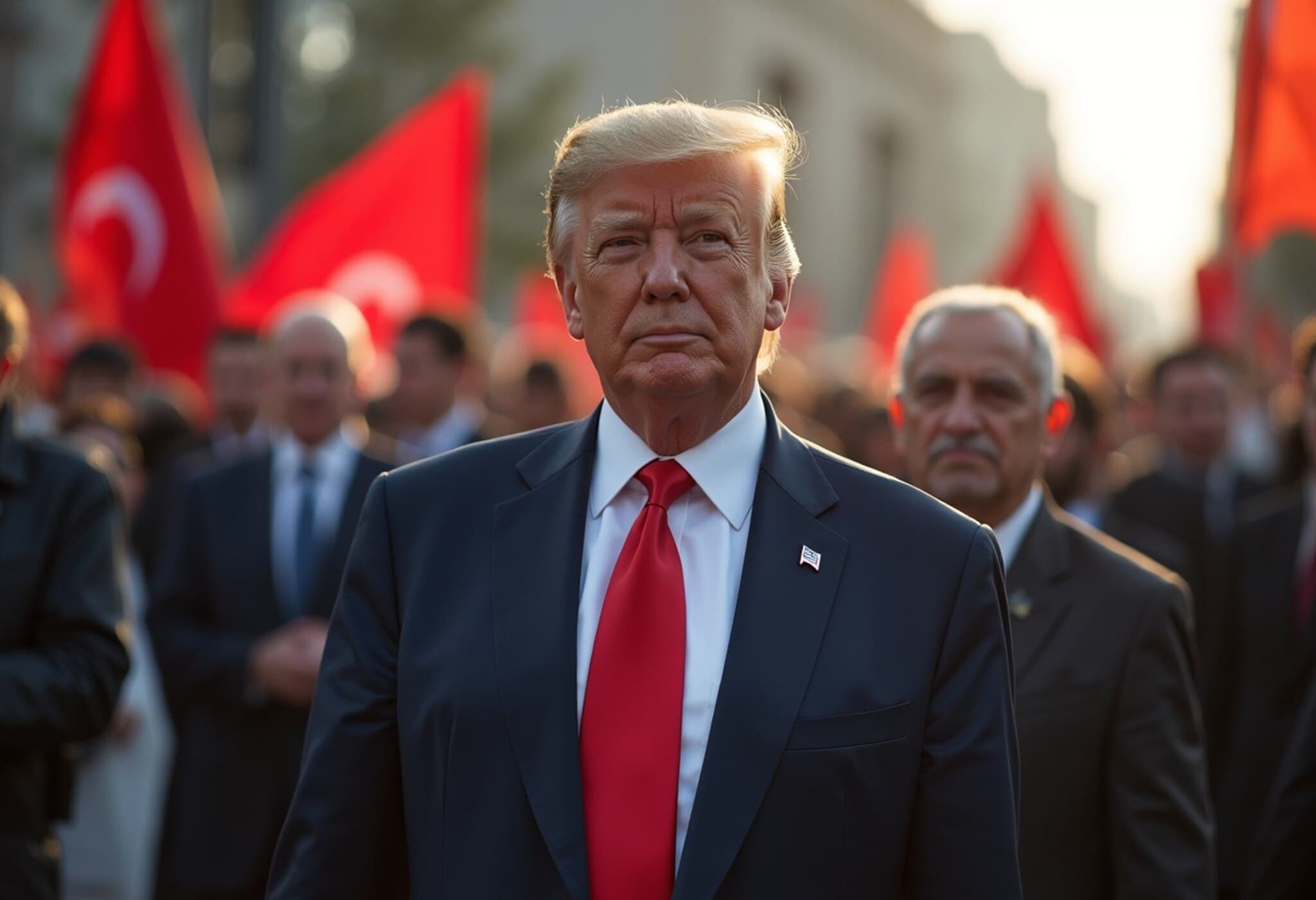Federal Appeals Court Upholds Tariff Collection Amid Legal Battles
In a significant move, a federal appeals court has ruled that the U.S. government may continue collecting the controversial import tariffs introduced during President Donald Trump's administration, even as legal challenges to these trade measures proceed.
Expedited Hearing Scheduled for July 31
The U.S. Court of Appeals for the Federal Circuit announced it would fast-track the case due to its critical implications for trade policy and the economy. The court plans to hear oral arguments on July 31, underscoring the urgency surrounding this high-profile dispute.
Background on the Tariffs and Legal Controversies
The tariffs, initially set at 10% and affecting imports from nearly every country, represented a cornerstone of Trump's aggressive trade strategy launched in April. Larger tariffs were also targeted and temporarily suspended on nations where the U.S. faced significant trade deficits. Additionally, tariffs were imposed on goods from China, Canada, and Mexico to exert pressure regarding border security, particularly concerning illegal immigration and synthetic opioid trafficking.
Trump justified these measures by invoking emergency powers under a 1977 statute. However, a three-judge panel from the U.S. Court of International Trade ruled in late May that the President had exceeded his legal authority in implementing these tariffs, temporarily halting their collection.
Impacts on Trade and Markets
These tariffs significantly disrupted global trade dynamics and unsettled businesses worldwide, leading to market volatility and economic uncertainty. The ongoing legal proceedings thus carry profound consequences not only for trade relations but also for domestic and global markets.
What Lies Ahead
- The expedited July hearing could clarify the government's authority to impose such tariffs moving forward.
- The case highlights tensions between executive power and statutory limits related to economic policy.
- Stakeholders across industries remain watchful, as the outcome may influence future trade and regulatory strategies.
As this legal saga unfolds, the balance between national security, trade policy, and legal boundaries will be keenly tested.

